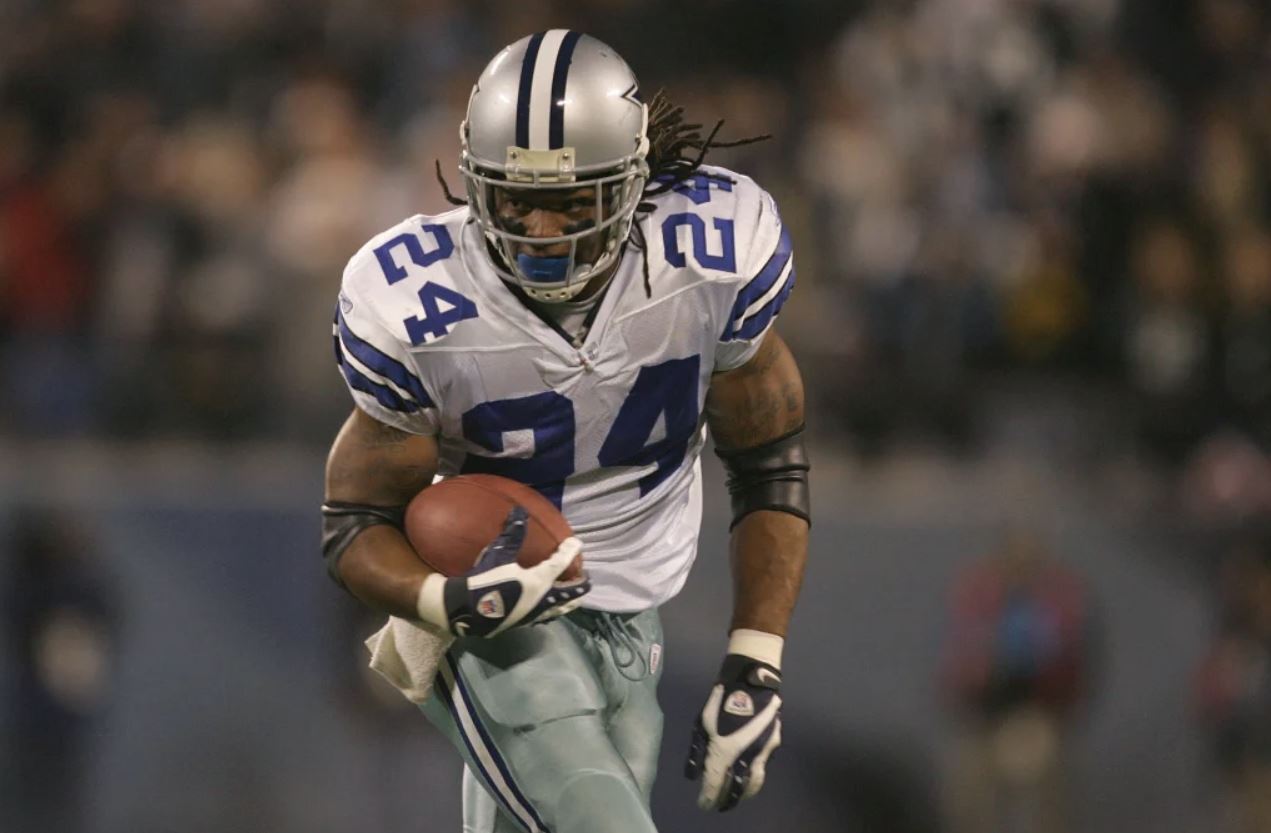We learned Monday that the June death of former Dallas Cowboys player Marion Barber has been ruled accidental. The Collin County Medical Examiner’s Office listed the cause of death as heat stroke. This news comes as North Texas is under a heat advisory.
The news of Marion Barber’s death in June rocked the sports world. Medical examiners now say when the former Dallas Cowboys running back was found unresponsive inside of his Frisco apartment, he’d suffered a heat stroke.
Dr. Seemal R. Desai said temperatures like what we’ve seen recently in North Texas mean no one is exempt from an elevated risk of heat-related illness.
“I think it’s important for the public to know this isn’t just limited to underlying medical conditions or the elderly,” Desai said. “Yes, those are risk factors. But this is something we all have to be aware of.”
Get top local stories in DFW delivered to you every morning. >Sign up for NBC DFW's News Headlines newsletter.
Marion Barber
Shortly after the news of his death, Barber’s attorney and close friend Billy Clark spoke to NBC 5 about the former athlete’s physical condition saying he wasn't aware of any health issues.
The Centers for Disease Control and Prevention said some signs and symptoms of heat stroke are headache, dizziness, confusion, and nausea. Desai said we should also be mindful, there’s a very thin line between heat exhaustion and heat stroke.
“It’s a delicate balance and kind of a spectrum where the longer you’re exposed, the higher your core temperature gets, the lack of fluid intake and dehydration, really can create that perfect scenario which leads to an imperfect outcome,” said Desai.
Water, loose clothing, cooler indoor environments, and cool wet cloth are all suggested remedies for heat-related illness. In the meantime, an entire community grapples with a loss they did not see coming.
HEAT SAFETY TIPS
With heat like this, you'll want to take precautions and be prepared.
Drink plenty of fluids, stay in an air-conditioned room, stay out of the sun, and check up on relatives and neighbors to ensure they stay cool.
Young children and pets should never be left unattended in vehicles. According to the National Safety Council, if it's 95 degrees outside a car's internal temperature could climb to 129 degrees in 30 minutes. After just 10 minutes, temperatures inside could reach 114 degrees.
A child's body temperature heats up three to five times faster than an adult's, and heatstroke can begin when a person's core body temperature reaches 104 degrees. According to the Texas Department of State Health Services, a core temperature of 107 degrees is lethal.
Take extra precautions if you work or spend time outside. When possible reschedule strenuous activities to early morning or evening. Know the signs and symptoms of heat exhaustion and heatstroke. Wear lightweight and loose-fitting clothing when possible. The Occupational Safety and Health Administration recommends scheduling frequent rest breaks in shaded or air-conditioned environments to reduce risk during outdoor work. Anyone overcome by heat should be moved to a cool and shaded location. Heatstroke is an emergency! Call 911. The CDC has more information on heat-related illnesses.
Take care of your pets by providing fresh, cool water and shade. Also, pets should not be left outside and unattended for too long. It's too hot and they need to be brought inside.





